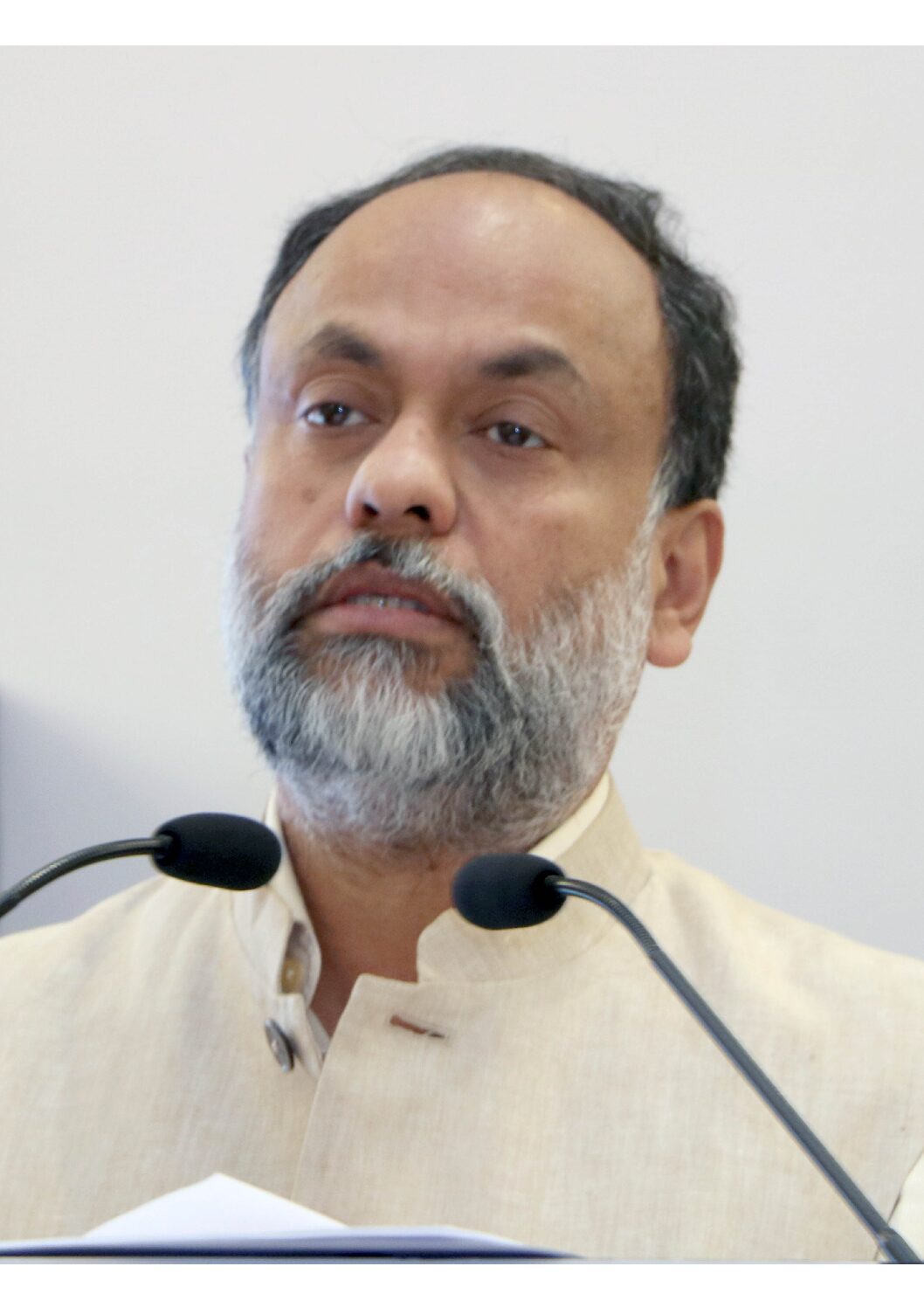Debasish Panda, chairman, IRDAI
IRDA chief has hinted that insurers don’t need IRDAI approvals for every product
“Each life insurer has actuaries to design their products that can be approved its own board. You should design product so that you can reach out every Indian. As a regulator, we will keep a watch and would not like to involve ourselves for product approvals,’’ he said adding that the Reserve Bank of India(RBI) doesn’t approve deposit products of banks
There will be now regular in-person meetings between CEOs and top IRDA officials in every two or three-month in different parts of the country
Mumbai:
Hitting the ground running, Debasish Panda, chairman, Insurance Regulatory Development Authority of India (IRDAI) unveiled his agenda for the insurance industry by asking the insurers to work towards a mission so that a every Indian should have a life insurance policy, every family should have a health insurance policy and every working person in a family should have a personal accident policy.
Panda, who took over as the chairman of the Irdai last month, after retiring as secretary, department of financial services(DFS), Ministry of finance(MoF) in January end, was for the first time addressing the domestic life insurers in Mumbai on Wednesday as part his 2-day interactive sessions with all the insurers and reinsurers.
In a first ever in-person meeting since March 2020, when the nationwide lockdown was announced by the government due to Covid-19 pandemic, all chief executive officers (CEOs) along with four senior functionaries, chief finance officer, chief distribution officer, chief marketing officer and chief technology officer of each company, had participated in the conclave.
NS Kanan, MD & CEO, ICICI Pru Life Insurance, gave a presentation about the industry’s wish-list, to the IRDAI’s top officials, including four members of the regulatory body, who had attended the meeting.
Panda will be addressing a similar meeting of general insurers on Thursday.
Saying that the regulations should spur positive development of the industry, IRDAI chief hinted that insurers don’t need IRDAI approvals for every product.
“Each life insurer has actuaries to design products that can be approved by its own board. You should design product so that you can reach out every Indian. As a regulator, we will keep a watch over the industry and would not like to involve ourselves in product approvals,’’ he said adding that the Reserve Bank of India(RBI) doesn’t approve deposit products of banks.
In a bid to bring about a cordial relationship between the IRDA and the industry, he has assured life insurers that there will be now regular in-person meetings between CEOs and top IRDA officials in every two or three-month in different parts of the country. Besides on 15th of every month, he will like to have an `open house’ with the insurers, when they can call him as well as meet him.
Panda also assured the life insurers that he would make efforts to get the government’s supports for the overall development of the industry including a friendly tax regime.
“We would now form various working committees under CEOs of the industry to look into various issues by the industry,” added IRDAI chairman.
He also emphasised that the body like Insurance Information Bureau(IIB) and Indian Institute of Risk Management(IIRM) located in Hyderabad, should more function for the industry and IRDAI shouldn’t own them.
Similarly, Life Insurance Council and General Insurance should be run by more professionals and do data crunching for the benefit of the industry, Panda said.
Going forward, life insurers are now expecting positive impacts of Panda’s comprehensive agenda.
Coronavirus pushed life insurance penetration in India from 2.82% in 2019 to 3.2% in 2020 (the year Covid hit) which is close to the global average.
With many more Indians purchased life insurance policies due to the coronavirus pandemic, life insurance penetration rose to 3.2% in the year 2020.
Insurance penetration is measured as the percentage of total life insurance premium paid in a year to GDP. Insurance density is calculated as the ratio of premium to population (measured in US$ for convenience of international comparison).
The last time the penetration of life insurance was at this level was in 2011 at 3.4%. After 2011, life insurance penetration had gradually declined over the years and even reached its lowest level in a decade in 2014 at 2.62%.
Since then it saw a marginal improvement and reached 2.82% in 2019.
When it comes to overall insurance penetration which includes both life and non-life insurance in India, the insurance penetration was 2.71% in 2001 and has steadily increased to 4.2% in 2020
As of 2020, the penetration of non-life insurance penetration was 1%.
While India has now reached close to the international average in terms of insurance penetration for life insurance, it lags behind in terms of non-life insurance.
Globally, insurance penetration was 3.3% for the life segment and 4.1% for the non-life segment in 2020.


Great approach wrt products approval. Let buyers be aware. And every product will speak for itself and image of the insurance company.
IRDA need to contain the fraudulent activities of Private Sectors in areas like GST manipulation, IDV manipulation, Violation of No Survey Limits. Violation of commission paid to brokers and agents. Discounts paid by manipulating class of vehicle in motor policies Etc.,
The IRDAI should seriously watch the premium in Family Mediclaim policies which is very high in comparison to Group Mediclaim policies. There are lots of restrictions in getting the claim under an individual Mediclaim policy and even after four years of claim free policies claimant face difficulties and claims gets rejected for one or the other reason. On the other hand Group mediclaim policies get the claim without any difficulty. IRDAI should look into the matter and reduce the burden of individuals.